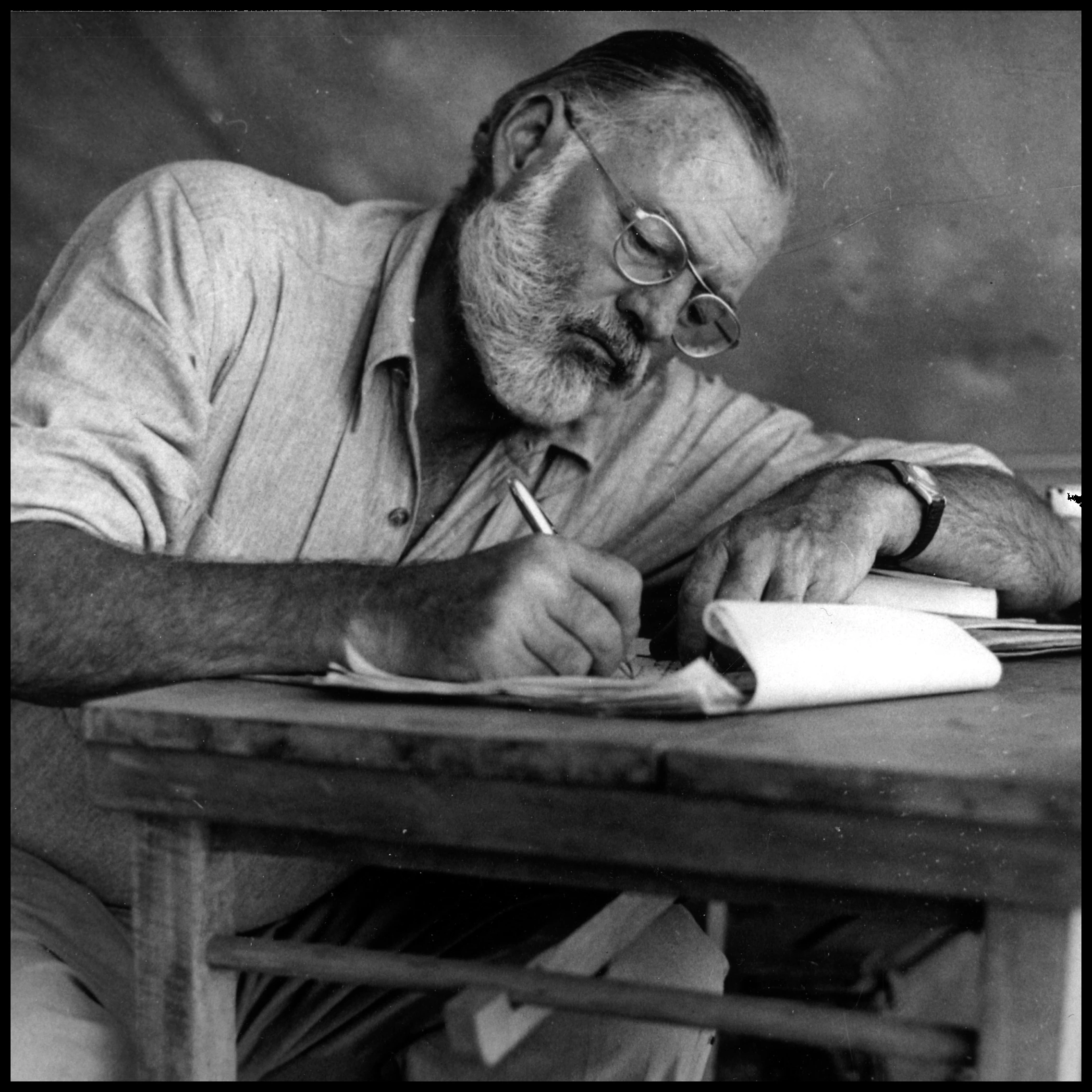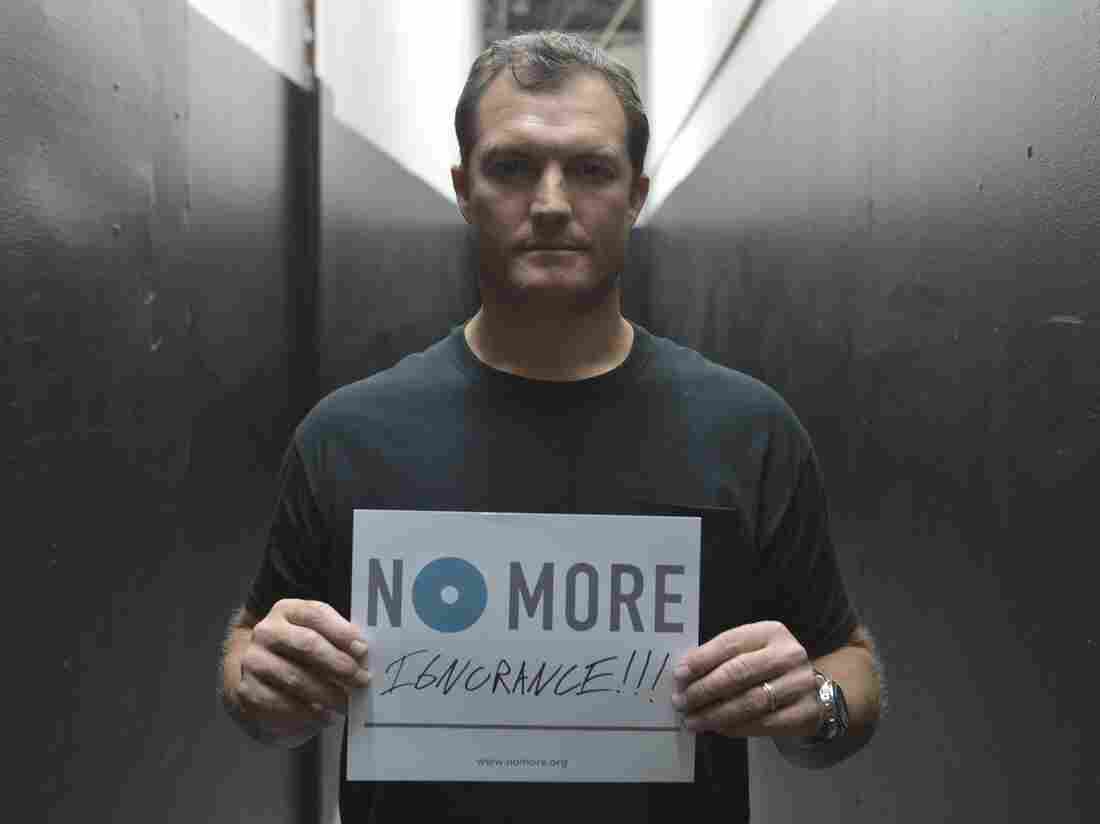Father’s Day is always rough for people who have had difficult relationships with their fathers. But this year was particularly difficult for me because of Facebook.
First,
I posted my daily haiku as part of a challenge I had take on January 1st
to write a haiku a day for a year.
Here is what I posted. I called
it Father’s Day.
Thorns could
not protect the rose
From he loves me not.
My
post stood out like… well like drops of
blood among flower petals as post after post came through my newsfeed with
pictures of daddies with their adoring daughters or fathers being thanked for
being role models to their sons.
 |
| Shirley and Bill Rosenzweig, 1949 |
More
terrible things happened than I want to say.
Betrayals. Beatings. Blame and
recriminations. Erasure.
This is all old territory for me. I have walked it so long and so many times that my feet have worn trenches in the ground of time I have remained stuck in the past.
Something
shook a little though yesterday. A
friend of mine had written one of those lovely Facebook tributes to his father
– a kind, loving, spiritual man who died way too young when my friend was only
nineteen.
And
I told him that what he’d written was so heartfelt and beautiful.
“I
know you will be reunited with him in the afterlife,” I said hoping to comfort him.
And
he said, “So will you Marsha. You will see your father there too.”
What
happens between an estranged parent and a child in the afterlife?
Now
there was a question I could wrap my head around.
I
googled it.
I wanted to know, would we be the same age or would we be ageless with no bodies, only our spirits? Would we be as we were in life – distant and unable to cross the distance between us? Would he still be stubborn? Would I still be surly? Would he be sorry for the time he refused to sit next to my mother at my Bat Mitzvah even after I begged him to so we would look like a normal family to my friends? Would I be sorry that I kept my promise to him – the one I had screamed at him the last time he’d hit me that he’d never see his grandchildren? Would he be sorry that his wife had barred me from his funeral and did not include my name in his obituary? Would I be sorry that I told him when I was fifteen that he wasn’t a real man?
Questions
begetting questions.
So
I kept googling. And among the links that
appeared was a site written by a Christian minister for parents of estranged
adult children – written with the heart and spirit of the estranged parent in
mind, offering solace, sympathy and suggestions for if not healing the rift
between parent and child, at least assuaging the wound caused by separation,
regardless of the cause.
My mother used to tell me that my father adored me and that I was his favorite child. This was never said to me in a comforting way. It was more of an accusation. And it only made me feel worse. How could his love for me have turned so far the other way?
In Jungian analysis, when you come upon a place of deep psychological complex and conflict, one is taught to engage in active imagination where you place yourself in a scene in your mind, bring in the person you need to talk to and then let the conversation happen.
I
did that yesterday. At first I saw
myself as a little girl playing catch with my daddy. And then the scene opened up into an entire
scenario for a play a screenplay or novel.
 |
| http://nation.wikia.com/wiki/King_Arthur_II_of_Lovia |
I
can write this, I think.
Maybe
I don’t have to wait until the afterlife to reconnect with my Daddy.
 |
| Bill Rosenzweig. US Army 1945 |








